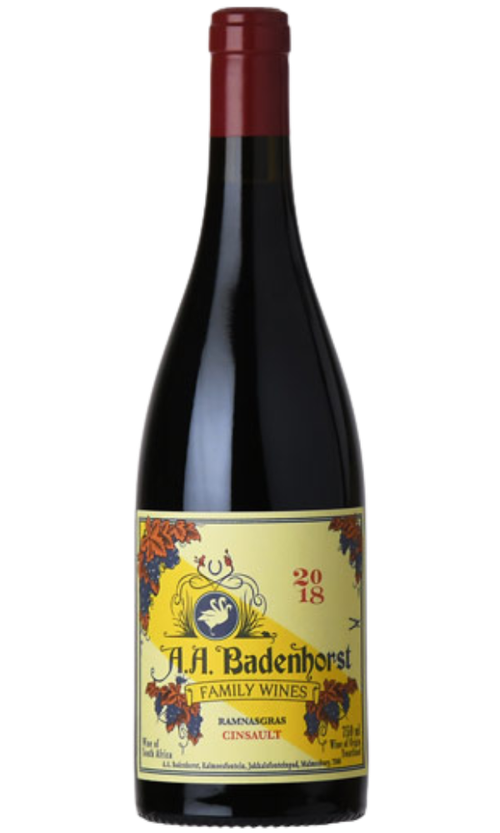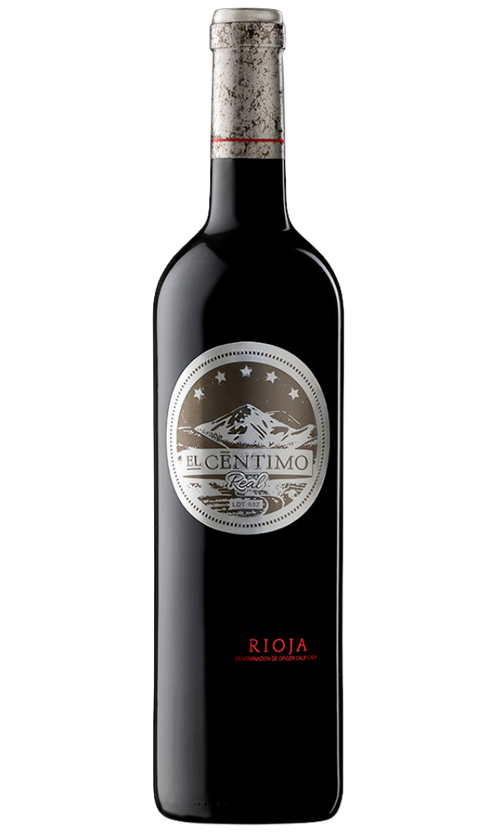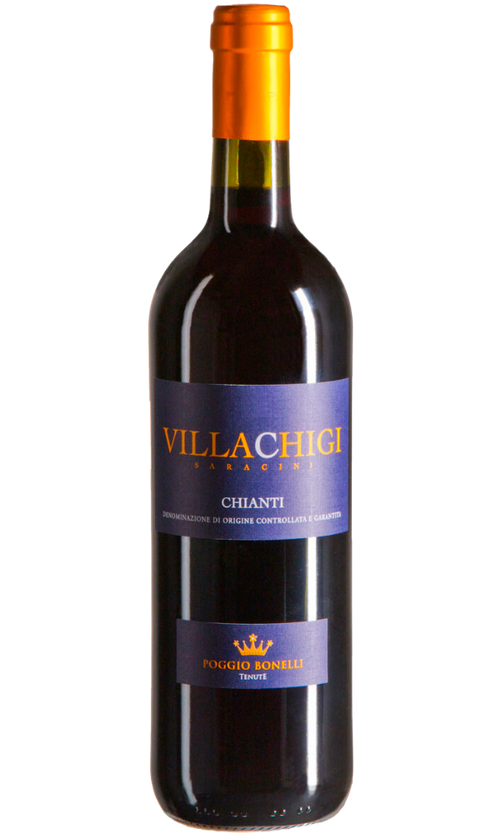
Made for Pinot lovers, this is a signature old-vine bottling from one of SA’s greatest winemakers

- 95 pts Decanter95 pts Decanter
- Curated by unrivaled experts
- Choose your delivery date
- Temperature controlled shipping options
- Get credited back if a wine fails to impress
2018 A.A. Badenhorst Cinsault Ramnasgras Single Vineyard Old Vine Swartland 750 ml
| $25 | per bottle | |
- Curated by unrivaled experts
- Choose your delivery date
- Temperature controlled shipping options
- Get credited back if a wine fails to impress
One of South Africa’s Most Influential Winemakers
Adi Badenhorst is one of South Africa’s greatest—and most influential—winemakers.
When he and his cousin, Hein, founded A.A. Badenhorst in 2008, he’d already been winemaker at Stellenbosch’s legendary Rustenberg winery for nearly a decade. But the viticultural history of the Swartland—overlooked at the time—called to him, and ever since he’s been making compelling wines that have attracted a cult-like international following.
These days, many of Badenhorst’s core tenets—organic farming, native yeasts, minimal intervention in the cellar—seem like standard operating procedure for high-end wineries, but back then he was considered a radical. That was especially true in South Africa, but over the years, Badenhorst’s streak of impressive wines and international accolades have proven his point.
Badenhorst’s Cinsault Ramnasgras is one of the winery’s signature bottlings. Produced from a tiny vineyard of just four acres, planted to Cinsault in the early 1950s, it’s a glimpse into the past and future of South African wine. The soils here are decomposed granite, and the effort to get them into the ground must have been tremendous back then.
Cinsault isn’t a big-name grape, but the vines have endured in this remote corner of Swartland for 70 years because they produce exceptional wine—and Badenhorse realized the potential of the vineyard.
In his hands, it’s a wine to thrill lovers of full-bodied Pinot Noir. Cinsault isn’t a particularly deeply pigmented or bombastic grape, but it does have beautiful aromatics and a silky texture, and Adi Badenhorst knows how to play to its strengths. After hand-harvesting, the grapes are chilled overnight and then fermented as whole bunches in large wooden fermenters—Badenhorst is resolutely old school—with native yeasts, with once-daily pumpovers to gradually extract fruit without astringency.
You might also like these wines
- Member Favorite
- Member Favorite
- Member Favorite
- Member Favorite
- You're on page












